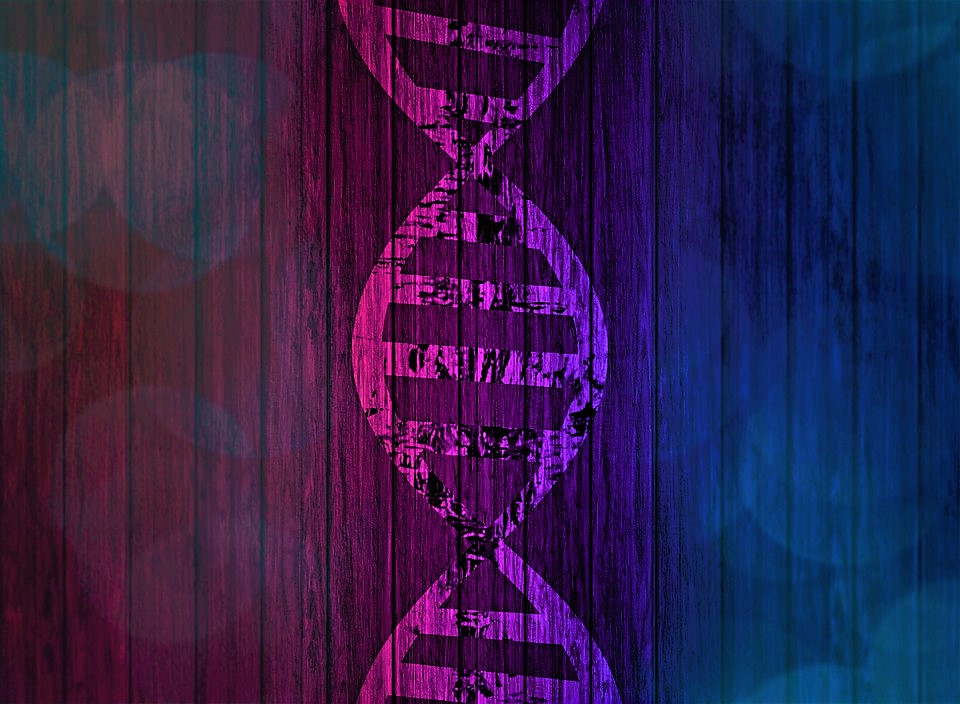FDA Approved Breast Cancer DNA Test by 23andMe May do More Harm than Good
By Joyce Bichler,
Breast Cancer Action
| 03. 07. 2018
Yesterday, the Food and Drug Administration (FDA) for the first time approved an at-home genetic testing kit without a doctor’s prescription to predict the risk of breast cancer. While there’s no doubt the move will be celebrated by some, the truth is that there is cause for serious concern. This decision by the FDA threatens to do more harm than good for women at risk of and living with breast cancer.
Most immediately, the 23andMe test approved for over-the-counter use looks at just three of the more than 1000 known BRCA1 and BRCA2 mutations. While these three specific mutations are the most common BRCA1 and BRCA2 mutations for people of Ashkenazi ancestry, they are not the most common BRCA mutations in the broader population, raising serious health equity concerns. This means that if you’re someone who receives a negative result from the 23andMe test, there is still the possibility that you may carry other harmful BRCA mutations that increase the risk of breast cancer.
At Breast Cancer Action, we’ve long argued that genetic testing should always be accompanied by independent...
Related Articles
By Scott Solomon, The MIT Press Reader | 02.12.2026
Chris Mason is a man in a hurry.
“Sometimes walking from the subway to the lab takes too long, so I’ll start running,” he told me over breakfast at a bistro near his home in Brooklyn on a crisp...
By David Jensen, California Stem Cell Report | 02.10.2026
Touchy issues involving accusations that California’s $12 billion gene and stem cell research agency is pushing aside “good science” in favor of new priorities and preferences will be aired again in late March at a public meeting in Sacramento.
The...
By Lauren Hammer Breslow and Vanessa Smith, Bill of Health | 01.28.2026
On Jan. 24, 2026, the New York Times reported that DNA sequences contributed by children and families to support a federal effort to understand adolescent brain development were later co-opted by other researchers and used to publish “race science”...
By Arthur Lazarus, MedPage Today | 01.23.2026
A growing body of contemporary research and reporting exposes how old ideas can find new life when repurposed within modern systems of medicine, technology, and public policy. Over the last decade, several trends have converged:
- The rise of polygenic scoring...




